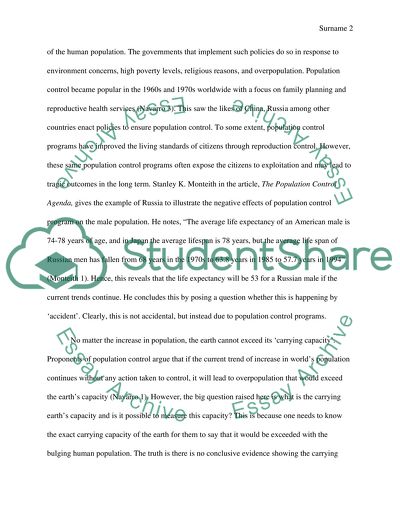Cite this document
(“Population Control and Earths Sustainability Research Paper”, n.d.)
Population Control and Earths Sustainability Research Paper. Retrieved from https://studentshare.org/people/1638927-population-control-and-earths-sustainability
Population Control and Earths Sustainability Research Paper. Retrieved from https://studentshare.org/people/1638927-population-control-and-earths-sustainability
(Population Control and Earths Sustainability Research Paper)
Population Control and Earths Sustainability Research Paper. https://studentshare.org/people/1638927-population-control-and-earths-sustainability.
Population Control and Earths Sustainability Research Paper. https://studentshare.org/people/1638927-population-control-and-earths-sustainability.
“Population Control and Earths Sustainability Research Paper”, n.d. https://studentshare.org/people/1638927-population-control-and-earths-sustainability.


